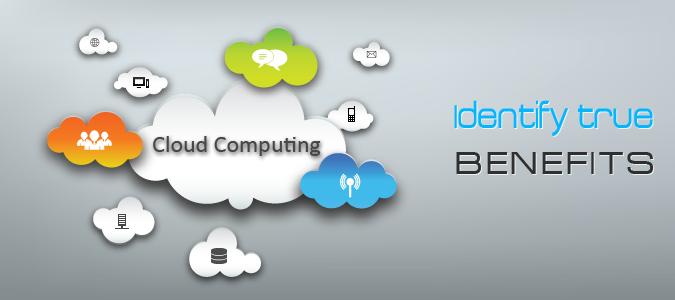Private cloud is a cloud computing platform that is implemented within the corporate firewall, under the control of the IT department.
A private cloud is designed to offer the same features and benefits of public cloud systems, but removes a number of objections to the cloud computing model including control over enterprise and customer data, worries about security, and issues connected to regulatory compliance.
- Higher security and privacy:
public clouds services can implement a certain level of security but private clouds – using techniques such as distinct pools of resources with access restricted to connections made from behind one organisation’s firewall, dedicated leased lines and/or on-site internal hosting – can ensure that operations are kept out of the reach of prying eyes
- More control:
as a private cloud is only accessible by a single organisation, that organisation will have the ability to configure and manage it inline with their needs to achieve a tailored network solution. However, this level of control removes some of the economies of scale generated in public clouds by having centralized management of the hardware
- Cost and energy efficiency:
implementing a private cloud model can improve the allocation of resources within an organisation by ensuring that the availability of resources to individual departments/business functions can directly and flexibly respond to their demand. Therefore, although they are not as cost effective as a public cloud services due to smaller economies of scale and increased management costs, they do make more efficient use of the computing resource than traditional LANs as they minimize the investment into unused capacity. Not only does this provide a cost saving but it can reduce an organisation’s carbon footprint too
- Improved reliability:
even where resources (servers, networks etc.) are hosted internally, the creation of visualized operating environments means that the network is more resilient to individual failures across the physical infrastructure. Virtual partitions can, for example, pull their resource from the remaining unaffected servers. In addition, where the cloud is hosted with a third party, the organisation can still benefit from the physical security afforded to infrastructure hosted within data centers.
- Cloud bursting;
some providers may offer the opportunity to employ cloud bursting, within a private cloud offering, in the event of spikes in demand. This service allows the provider to switch certain non-sensitive functions to a public cloud to free up more space in the private cloud for the sensitive functions that require it. Private clouds can even be integrated with public cloud services to form hybrid clouds where non-sensitive functions are always allocated to the public cloud to maximize the inefficiencies on offer.

